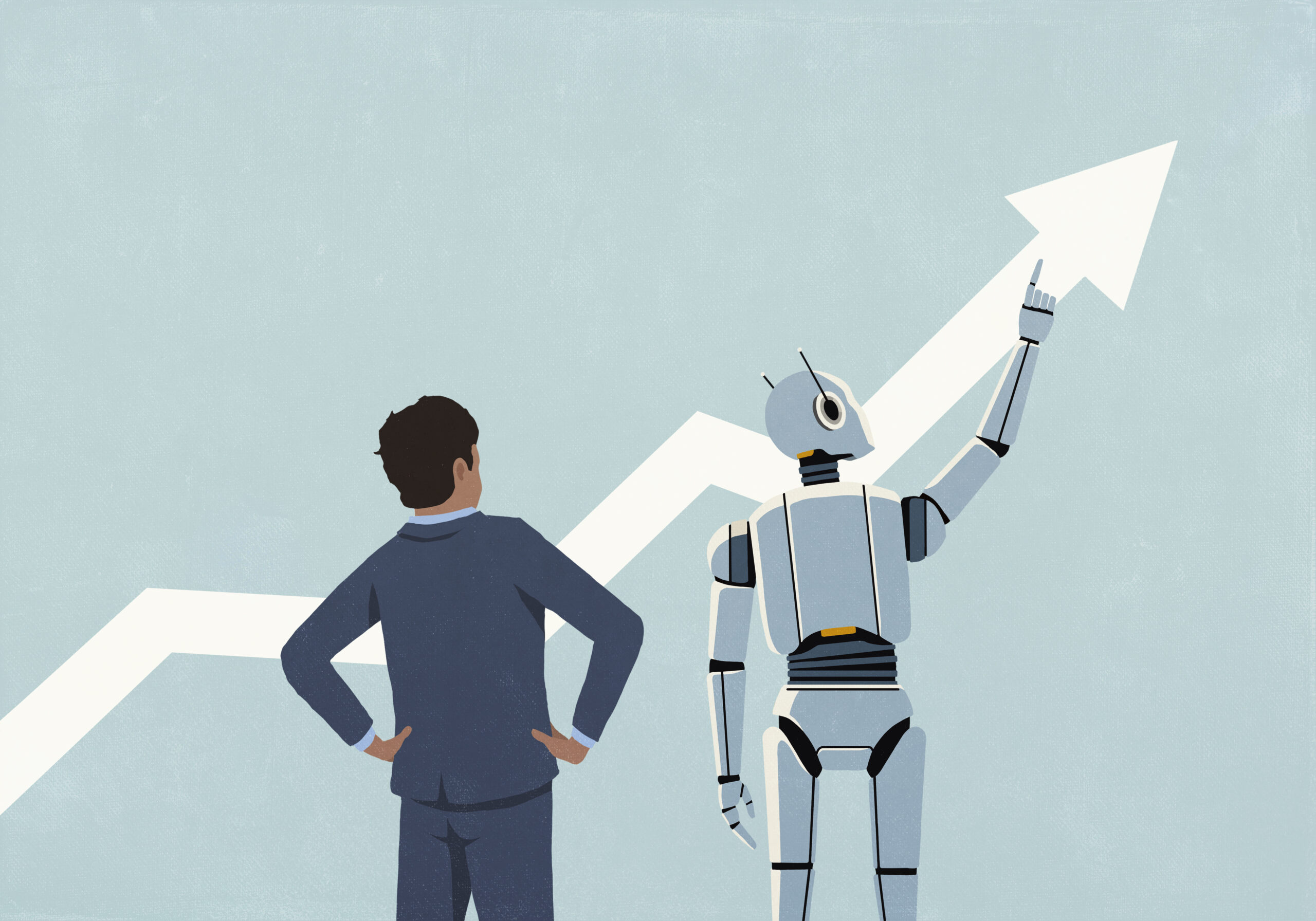
"It's nearly impossible to avoid the effects of generative artificial intelligence (AI). No matter what your role entails or what type of legal organization you work for, AI's impact is inescapable. Whether it's increasing workflow efficiencies, reducing the need for new hires, or creating new roles focused on AI rollouts, it is undoubtedly changing the way that work gets done in the legal space and beyond."
"Just this week, LinkedIn shared the results of a survey that offered insight into the evolution of work in the AI era. According to LinkedIn's analysis, 85% of U.S. professionals expect that at least a quarter of their skills will be impacted by AI. Key roles respondents reported had already been impacted by AI included media and communications, marketing, and human resources."
"Although this data is broadly applicable to the entire workforce, the functions cited as the most likely to evolve - writer/editor, data analyst, and marketing strategist - are also central functions within law firms. This means that when firm employees use AI for tasks like marketing and communications, HR, and operations, they streamline the more tedious aspects of these jobs and are better able to focus on more impactful, higher-level work."
Generative AI is affecting legal roles and organizations by increasing workflow efficiency, reducing the need for some new hires, and creating AI-focused positions. Surveys from LinkedIn and ILTA indicate widespread expectation of significant skill impact, with 85% of U.S. professionals expecting at least a quarter of skills to be affected. Functions such as writer/editor, data analyst, and marketing strategist are likely to evolve and are central to law firm operations. AI adoption streamlines marketing, communications, HR, and operations, enabling staff to focus on higher-value work. Some physically grounded jobs remain less affected, and statistics point to predictable shifts in hiring and roles.
Read at Above the Law
Unable to calculate read time
Collection
[
|
...
]